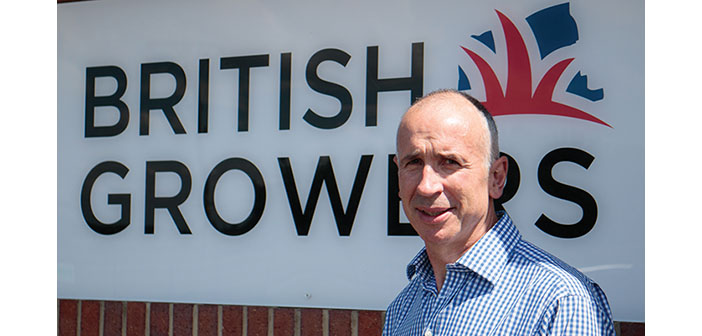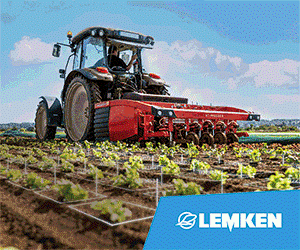Insufficient money across the supply chain is draining growers’ confidence, enthusiasm and their appetite to reinvest, members of the House of Lords horticultural sector committee heard at their April meeting.
“We all know that we should produce and consume more fruit and veg but on the ground the situation is going backwards,” said British Growers Association CEO Jack Ward. “We generally see a scaling back of production.”
Apple grower Ali Capper said food inflation, now at 19%, showed consumers were being charged more but none of the increase was coming back to growers, which in her mind means market failure.
Carrots and cauliflowers were two recent examples Mr Ward gave the committee of the cost pressure growers are under. “Over Easter, carrots retailed at 19p per kilo,” he said. “They probably cost 45p to 50p per kilo to produce.”
And with a difficult growing season for cauliflower, which had resulted in gaps in supply, growers required to keep supermarkets stocked were importing heads at £3 each to see them being retailed at £1. “Carrying that level of risk is enormously challenging for a lot of growers,” he pointed out.
Speaking on behalf of the West Sussex Growers Association, Newey Group director and ornamentals grower Mike Norris said some growers were choosing to invest in production abroad, for instance in Portugal, where they were better supported on key issues from local government.
Mr Ward also highlighted how climate change was affecting some growers, well illustrated this year by how late vining peas were being drilled. He said one of the biggest pea production groups was due to start on March 21 but not one seed had been sown in the following four weeks. “There is no reward or compensation for dealing with the weather,” he said. “The situation has become so uncertain that, short term, it is really challenging.”
Mrs Capper said that with some aspects of mitigating climate change, clarity from government was needed, for instance on what fuel was likely to power tractors in future. “The government are leaving it to the market,” she said. “The danger is we end up with a hotchpotch and the wrong hotchpotch.
“Most, although not all, British fruit and veg will have a lower carbon and water footprint than any we import. We as a society should encourage British-grown over imported. It is morally reprehensible that we offshore our environmental footprint. That is what we are doing.”
The House of Commons Environment, Food and Rural Affairs committee has opened a new inquiry, looking at fairness in the food supply chain. It is asking growers to provide evidence from their own experiences in areas such as how the relationship between suppliers and retailers could be improved, how market prices compare with production costs and whether current regulations are appropriate. It needs submissions by July 28. For more information visit EFRA’s web pages at: committees.parliament.uk/committee/52/environment-food-and-rural-affairs-committee
Read more news and features from the UK’s only publication dedicated to growers of field vegetables, outdoor salad and potatoes in our monthly publication The Vegetable Farmer.














